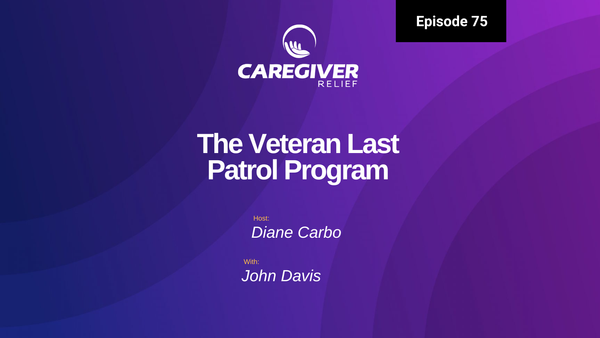Recognizing Early Onset Alzheimer's Symptoms
The Symptoms of Early Onset Alzheimer's can be difficult to diagnose because the symptom of memory loss may start a few years before diagnosis. It can start as early as 30 years of age. There is a genetic component to this disease.
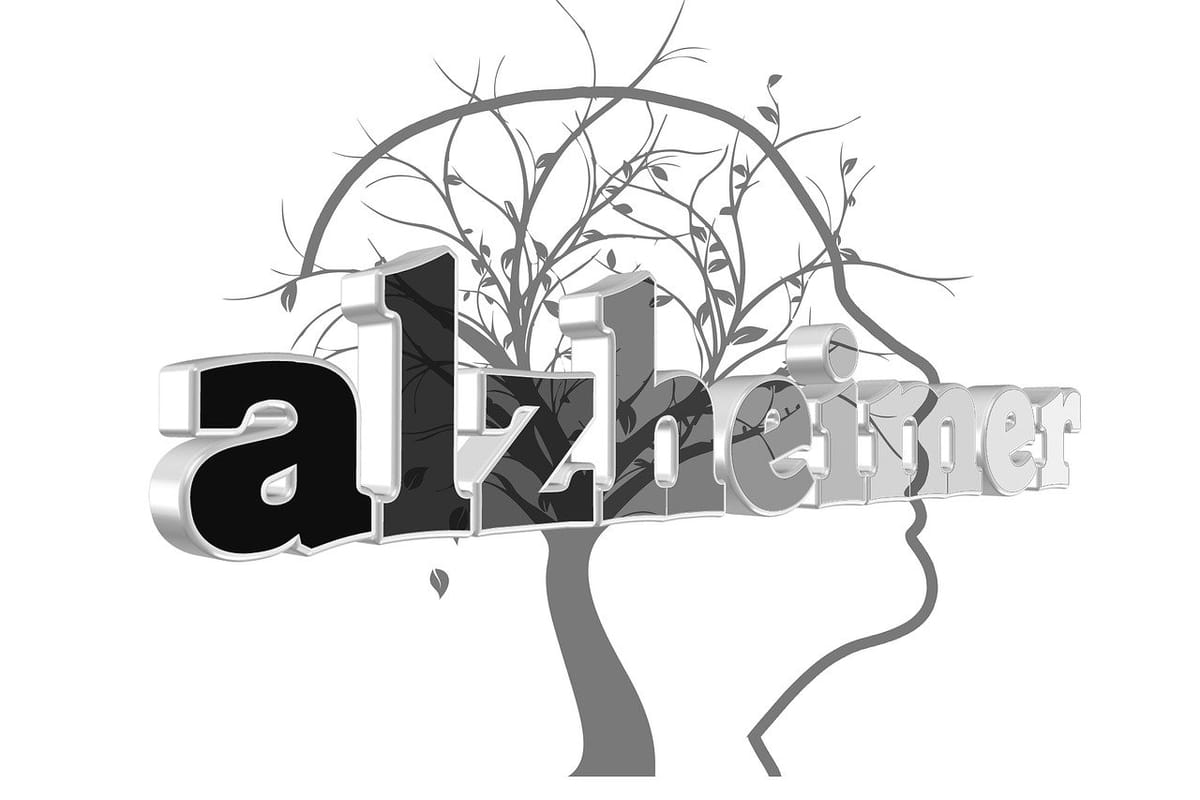
John was 45 years old and a father of 6 children. He was a construction worker And he often did odd jobs for others to make extra cash.
John was a family man. He was very involved in his children’s lives. He was the coach on his daughter’s soft ball team, as well as a coach of his sons baseball and soccer teams. John was an Irish Catholic and very involved in his church.
I met John when he was admitted to a senior behavioral health unit. He was having symptoms of early stages of young onset.
This condition is also called young onset dementia or young onset Alzheimer's. The term early onset does not refer to a stage of dementia.
It is a very rare form of the disease. It is thought that early onset alzheimer's disease develops in 5% to 6% of individuals with symptoms of Alzheimer's. It occurs in younger individuals in their 40s and 50s yrs of age. Younger people with early onset start to have behavior changes and memory loss. There is no cure for this condition.
It is estimated the there are over 300, 000 to 360,000 have symptoms of young onset Alzheimer disease in the US.
Young Onset Alzheimer's Disease

Younger onset Alzheimer's disease affects the ability for a person to think clearly. Their short term memory is affected and they become challenged to communicate with others. They may exhibit signs and symptoms of mild cognitive impairment or MCI . This is the most common form of memory loss. The difference between MCI and young onset is those with MCI individuals can preform familiar tasks without any need for support in daily life.
The signs and symptoms of memory loss may start a few years before a diagnosis of early onset is determined. The changes may be very subtle at first. A recent research study determined it can start early as in younger individuals age 30 and goes undetected. Determining early onset Alzheimer's disease is challenging, because there is not one test.
Early onset alzheimer's is very difficult disease to diagnose because of its unique challenges.
There is a Strong Genetic component to Early Onset Alzheimer's

Meaning it is hereditary. There is what they experts call deterministic genes. These rare genes guarantee that a person will develop the disorder. As I said before than 6 percent of Alzheimer cases develop early onset disease.
Individuals that have a family history of a grandparents or parents with Alzheimer's disease are at a increased risk of developing Alzheimer disease themselves. The Alzheimer's Association reports that while there is no cure for this condition, there are steps you can take to delay the progression of the disease.
People with early onset Alzheimer disease are more likely to have:
A job or be in the middle of building their career
Children who depend on them
A home mortgage
College loans or other big financial commitments like car payments etc
Many are supporting elderly parents or other family members
Diagnosing Early Onset Alzheimer's Dementia
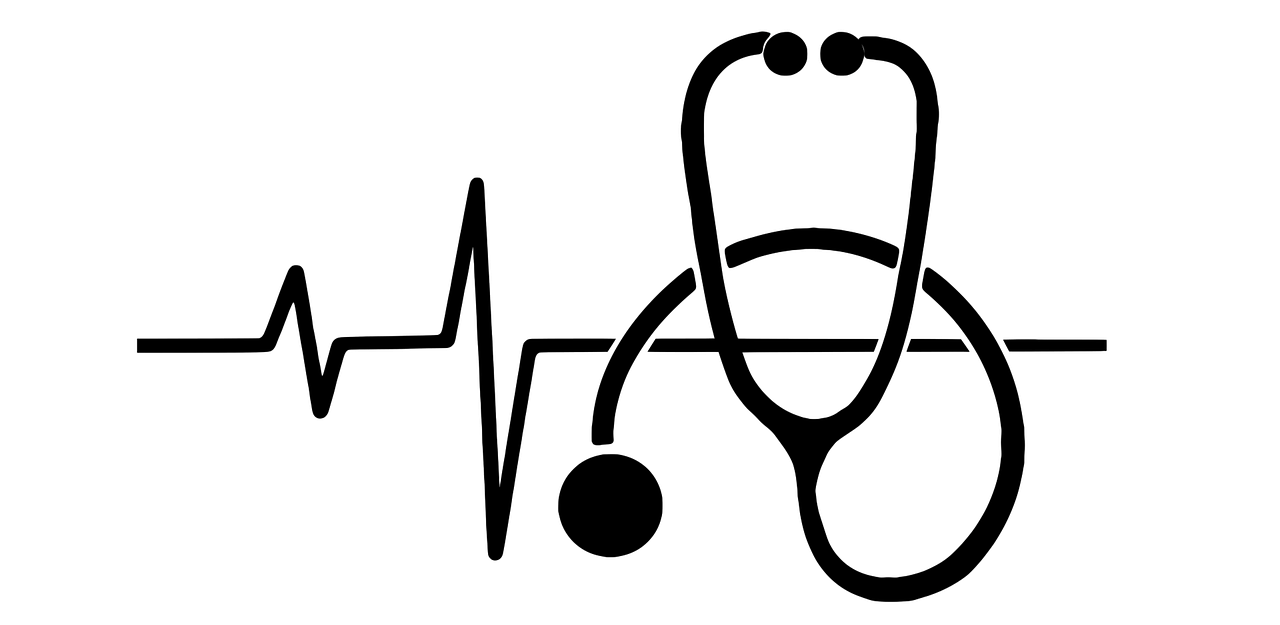
These factors make it difficult to diagnose. It is important to get a correct diagnosis early as possible. This way the person living with memory problems and their families can make changes in their life and explore support as well as the many resources they will need. They will need to focus on their family life, the job situation, and explore financial and legal needs.
Health professionals , in order to make an accurate determination of early onset Alzheimer disease, they will do an array of tests. These test will include brain imaging. Lab tests are now available to determine if a person carries the genetic mutation that determines if a person will develop Alzheimer's disease.
I don't know if you heard about Chris Hemsworth. He is the actor that plays, the super hero Thor. Hemsworth was recently filming a documentary for national geographic and Disney plus . the show limitless is sowing how resilient the human body is. It is a show that looks healthy aging and future health needs. While filming the segment on memory, Hemsworth learned that he carries two copies of the gene that causes Alzheimer disease. He is 39 yrs old. Hemsworth does not have alzheimer disease but he is a high risk for developing this terrible disease.
The Social Consequences of a Diagnosis of Young Onset Alzheimer's
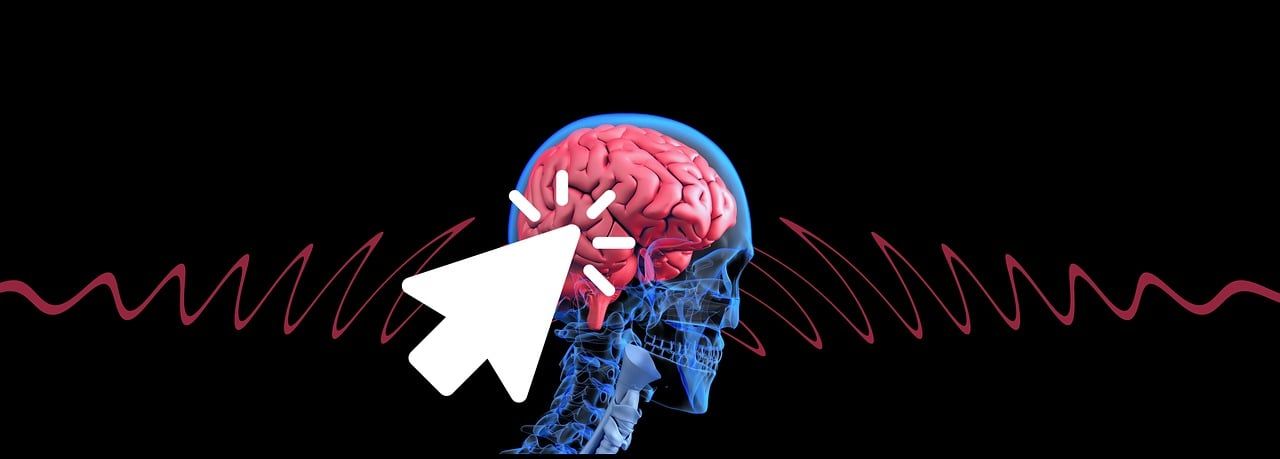
Due to their young age, individuals living with early onset may find that others do not believe they have the disease. Most people question the diagnosis. I think many people have difficulty finding that a young person would have a disease that will affect people over the age of 65.
Individuals with early onset may lose relationships or jobs because they haven't been diagnosed. They may also face a loss of income from being diagnosed while still working.
That is what happened to John. The first time his wife realized or accepted that something was wrong is when John lost his job. This is a common story in those with early onset . At work, John was having issues with completing a job. He started to struggle with every day tasks. John went from being this outgoing gregarious guy, to being withdrawn and easily frustrated. He started to have make poor decisions and ignored safety standards. Over time, he became very impulsive and became aggressive and angry when anyone tried to correct him.
John lost his job when he became confused on the worksite and started speaking incoherently. Job loss at any time is difficult on a family's finances. When it's combined with a severe, costly illness, unemployment can be especially hard.
Here are some Symptoms Early Onset are:

Frequent forgetfulness
Difficulty finding the right word
Increased confusion
Lack of concentration
Poor judgment
Reduced focus
Behavioral, personality, or language changes
Struggle to complete daily tasks
Depression
Constantly feeling overwhelmed by everyday decision making
Difficulty navigating familiar environments
Poor judgment and/or impulsiveness
When I met John, he was just admitted to a senior behavioral health unit. It was suspected that John was suffering from young onset, but he needed a complete work up to get an accurate diagnosis.
It was then we learned that John had a family history with grandfather in a nursing home with Alzheimer’s.
Early Onset Alzheimer's Disease is a Progressive Disease

Alzheimer's disease is a progressive disease that builds up beta amyloid precursor protein that leaves tangles in the brain. These tangles build up in the brain, and a patient will develop alzheimer's.
Researchers hope to use genetic testing and a family history to be able to diagnosis younger onset quickly. The Alzheimer's association is working to help families find the resources they need when a family member is diagnosed with early onset alzheimer's.
When we interviewed his wife, she says that she thought that John’s forgetfulness and irritability was because he was working so hard. I think most people would have thought that too.
John had 6 children ranging from 4 to 18 yrs old. His older children automatically started to help compensate for Johns early signs and symptoms. His kids reminded him of game schedules. Two of Johns teenagers had drivers licenses and begged him to allow them to drive. They made sure he was where he was supposed be.
After having a long conversation on the signs and symptoms of early onset , Johns wife realized the changes in Johns personality and his forgetfulness and his language and communication difficulties started about 4 yrs prior to John losing his job.
She realized their busy life schedule made it easy for the others in the family to compensate for Johns initial symptoms. She made sure he followed a healthy diet and tried to help reduce stress.
Johns children always made sure their dad was up to take them to school, on his way to work. His wife noticed he was sleeping in or forgetting what day of the week it was. Of course, with 6 kids, someone was always there to remind him.\
Two years prior to getting his diagnosis, Johns wife noticed that bills were getting missed. Some bills were paid twice. John blamed it on being tired and distracted because he was working two jobs. His wife decided to take over paying the bills to decrease Johns stress levels.
Many Face Challenges to Getting a Diagnosis Of Early Onset Alzheimer's Dementia

A few months before getting the official, John started having word finding problems. His wife started to observe moments of confusion and forgetfulness. She set up an appointment for him with his primary care physician.
John went through extensive testing at this time. He was sent to a psychiatrist to rule out a mental health illness.
The morning he lost his job, there was a rapid change in John. He was aggressive, angry and was unable to express himself verbally. You could see the frustration in his eyes.
Not all early onset patients are aggressive or impulsive. John became impulsive. And could change from being a very nice guy to aggressive in an instant.
I was giving John some pills and he was very pleasant. A middle aged man, a visitor , walked past John and I. Without warning or for any reason, john tried to attack the male visitor. It took 3 nurses to keep John away from causing the visitor harm.
Mood Swings and behavioral changes are hallmark signs of young onset.

I want to address here that while health care professionals may determine the disease early. Because of the young age, it is a challenge to find age appropriate services and placement to facilities is difficult. Especially if your loved one is having behavioral challenges like John.
Caregivers face unique challenges in daily life. I thought I would address them here.
Early Onset Alzheimer's and the Workplace

I want to address the workplace first. So many individuals suffering from young onset lose their jobs before they get an official diagnosis. For those that get the news early in teh disease process, its important to talk to your employer. Because this condition impacts your ability to do your job, its important to see if there are other positions you are able to do that fits your present abilities or emerging limitations.
With John, there was no other option for him to stay employed. He had deteriorated quickly.
Johns wife had to familiarize herself with benefits available to him. We recommended Explore if there was an employee assistance program is available and what do they have to offer? We wanted to explore of early retirement was an option.
For those that are still employed, Review your company's benefits to see if you qualify for paid time off or continued health insurance if they resign.
Explore what benefits may be offered to you under the Americans with Disabilities Act, Family and Medical Leave Act and COBRA.
What is the Social Security Compassionate Allowance Program

The only program that was available to John was the Social Security Compassionate Allowance program. Because he was fired John did qualify for unemployment.
The purpose of this program is to waive the standard waiting period for benefits. It was developed to "provide benefits quickly to applicants whose medical conditions are so serious that their conditions obviously meet disability standards." In the past, Social Security disability would deny benefits several times before approving the benefits. This has helped many, as the financial impact on a family is devastating.
Johns wife always looked like a deer in the headlights. She was coming to terms with the possibility of being a single parent and a caregiver. She has lost her lover, her confident and her support with the kids.
The Loss of Your Partner Negatively Impacts Relationships

The loss of the romantic component and changing to a caregiver complicates any relationship.
Johns wife was in shock from losing his job, she was unable to express what help she needed. She did not know what to ask for.
Johns wife needed to determine what Johns future care needs would be. Getting a diagnosis of the disease early allows the family to research and treatment options and future care needs. John was never able to communicate the changes he was experiencing. They did not have an opportunity to discuss how things will need to be changed as the condition advances.
I do recommend that any family caregiver ask for help. Do not be afraid to ask for help. I recommend that you create a Care Team partner Group early in the disease process.
It's important in those early stages to continue to participate in as many activities as possible. Brain training activities may delay the progression of the condition. As the abilities of our loved one change, you may find different activities to enjoy together.
I encourage getting the Home Health Care Notebook to help you organize the resources and important papers you will need as the disease progresses. You will want to keep track of important dates of diagnostic tests, changes in behaviors and treatment options available for the challenging behaviors
Sexuality and Changing Roles in the Relationship with Young Onset Alzheimer's

There are many changes couples face as the disease progresses, such as sexuality and changing roles in the relationship.
Some suffering early onset will lose interest in sex. Over time, they may forget how to perform. I recommend that a family caregiver seek counseling, or join a support group.
Others may experience hyper sexuality or sexually inappropriate behavior. This is sex in overdrive. I have had several spouses say their spouse wants sex all the time. This behavior does not mean that your loved one wants sex. They are having a filtering problem and express what comes to their mind. For some, this problem will need medication to control those behaviors.
Every once in awhile a doctor will not want to prescribe meds to decrease the sex drive. If your loved one with dementia is in a facility, this may be the only way they can remain in a facility or will be accepted into a facility. If you feel that this is the best option for your family member, do not hesitate to get a different doctor.
Planning Ahead and Getting Organized
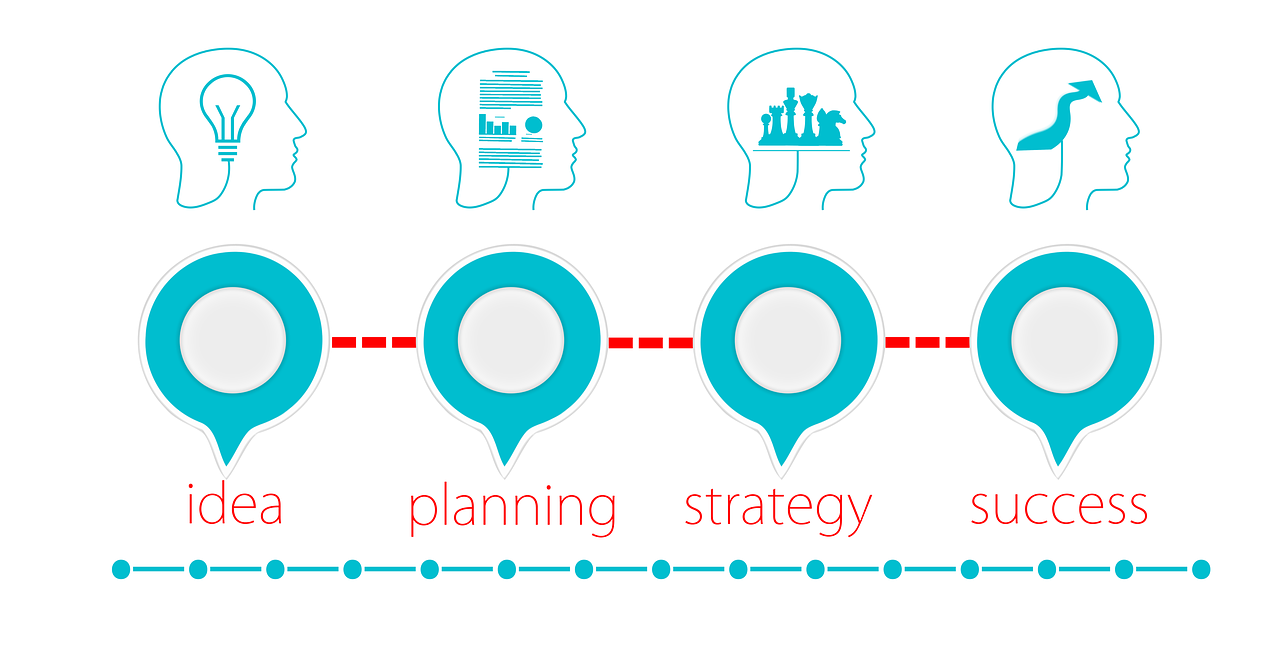
I want to address the importance of getting the legal and financial paperwork in order.
Everyone over the age of 1 should have a POA of attorney for health care decisions and another one is for financial.
This document gives you -- or whomever your loved one designates -- the right to make financial, property, and personal care decisions for the person with young onset alzheimer disease.
I would suggest to see an attorney and a financial planner so they can help you create a will and other important legal documents.
I want to discuss children and how we involved them in the care of John.
Early Onset Alzheimer's Disease and Impact of Children

Early onset Alzheimer's disease is a difficult medical condition that kids may not fully understand what is going on. They may blame themselves, become angry or act out.
Its important to find activities that each one can enjoy with the your loved on with alzheimer's disease . With Johns children, we found some age appropriate books to read to explain to them what was happening with their dad.
Include the children in discussions on what is happening. Be honest about what you are experiencing.
Finding a support group for children or inviting your children to your counseling sessions. Especially the older children.
Johns wife contacted the school and made the social worker and school counselors aware of Johns condition.
Children will have a wide range of emotions and behaviors they will exhibit in response what is happening in their lives. We discussed relaxation techniques and stress management was introduced to the kids to hep them cope with this life altering disease.
Johns older children were anxious and angry at the increased responsibilities at home. The younger children were confused and afraid that their dad forgot things they told him. John had such difficulty with language and commination. He couldn’t tell the kids what was happening to him. They became upset when he did not remember their names.
Take time to discuss alzheimer's disease with the kids. When a behavior or change occurred with John, we brought a picture of the brain and showed the little ones where daddy head had a boo boo.
There are many different books for children of all ages that explain early onset. These books will explain the reasons for the changes in their daddy’s behavior.
I would like to say the kids did well. Johns wife had many challenges. Like many spouses with a spouse with early onset, she was not able to work outside the home. Caring for John became a full time job.
Challenging Behaviors of Early Onset Alzheimer's

John had many challenging behaviors. He needed to be placed in an alternative setting because of his impulsivity and aggression. I want you to know that there are very few facilities that will accept a patient of any age with behavior problems.
Johns wife had to take him home with very little support. Over the next year, John was readmitted to the behavioral unit for aggression. The walls in his home had holes from his fist, When he would get angry, he would just punch the wall. For safety reasons, John had to be continually sedated for him to be placed outside the home.
His wife fought that for as long as she could. John was placed in a locked memory care unit in a nursing home.
Not everyone has this experience. Some have a slow decline , and others, like John, will have the stair step decline. Meaning bigger changes in behaviors and communication in a short period of time.
I know several wives that were able to keep their husbands at home until he passed. That commitment to provide a quality of life for your loved one with alzheimer's disease comes at a price.
It's a lot to take on. You will have feelings of anxiety, depression , and even angry and rage.
A person with Early Onset Alzheimer's Disease needs long hours of care.

As well as constant monitoring. It will make you feel exhausted and overwhelmed.
it's OK to feel this way. Many caregivers do.
As hard as it is, don't forget to take care of yourself.
Here are some tips to Relieve your Stress:

Be realistic. Accept that you can't do it all alone. It's OK to ask for help. It does not make you look weak if you say yes when someone offers to help. It's also fine to say no.
Stay informed. Learn all you can about early-onset dementia and how it can affect your family's life. Learn the stages so you can be better prepared for future changes. research the safety equipment you may need a your love one declines.
Talk to others. Get support from family and close friends. Don't keep your feelings bottled up inside. Sharing your emotions and journey can be helpful. Caregiver support groups are available and may be a safe place for you to discuss your feelings and unwind.
Walk it off. Exercise is a great stress reliever. It will help you sleep better, think better, and have more energy.
John in the Late Stage of Early Onset Alzheimer's
Over time, John became increasingly lost more abilities. He lost memory of most things. He did brighten up when his kids and wife came to visit. When he became unable to walk, Johns wife and older kids wanted to bring him home to die. They did not want him to be in unfamiliar surroundings. It was truly an act of love.
John came home on hospice. John came from a very large extended family. Between the family, the church members and even the high school volunteers, John was able to die in the comfort of his home. He was surrounded by his children and wife.
Johns story is not uncommon. The resources and support for someone with early onset Alzheimer's disease is limited.
You might also like this article:






